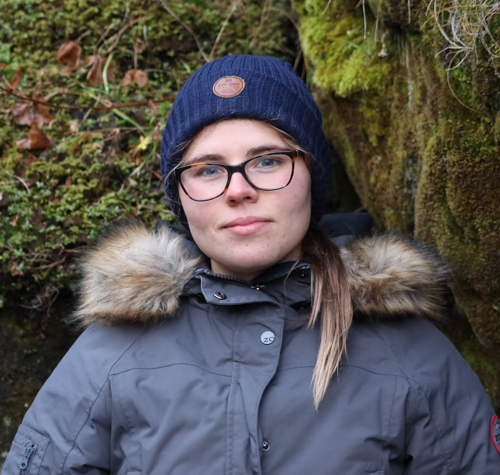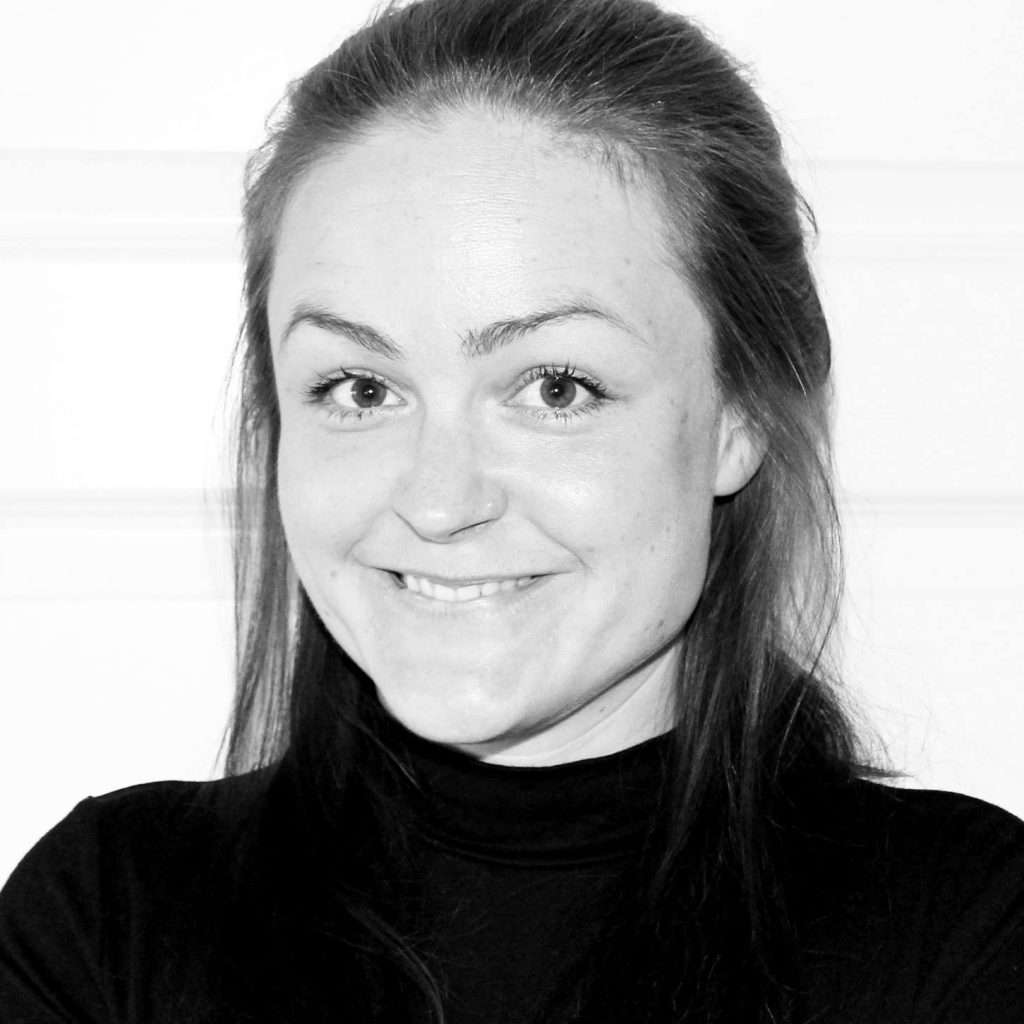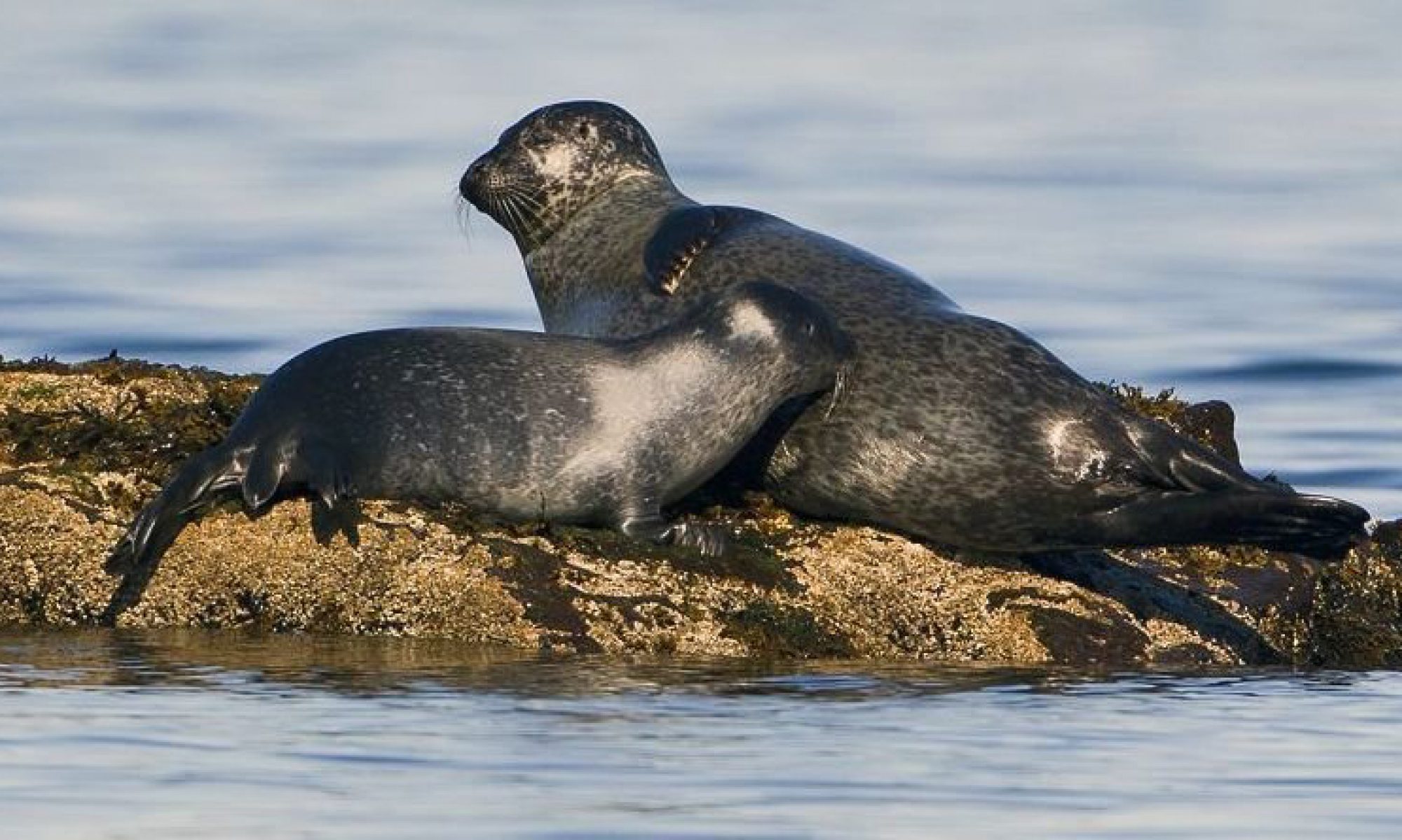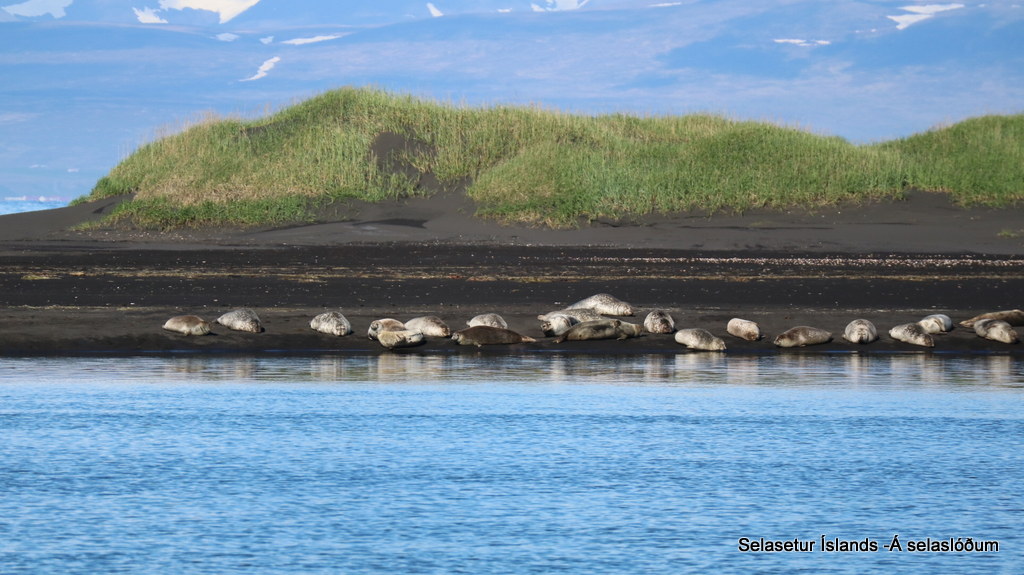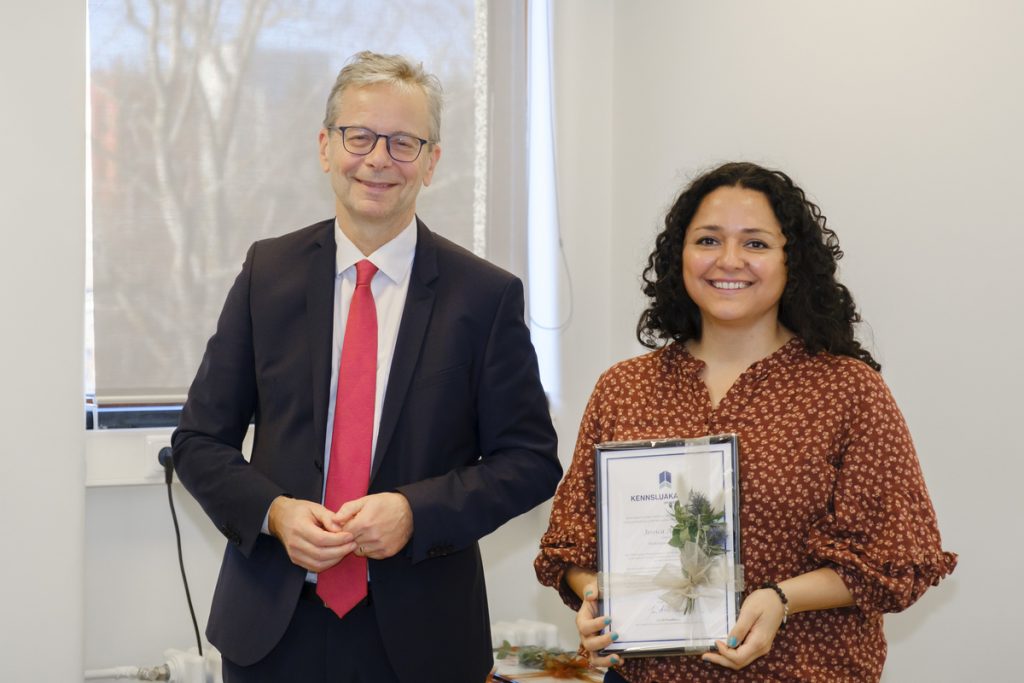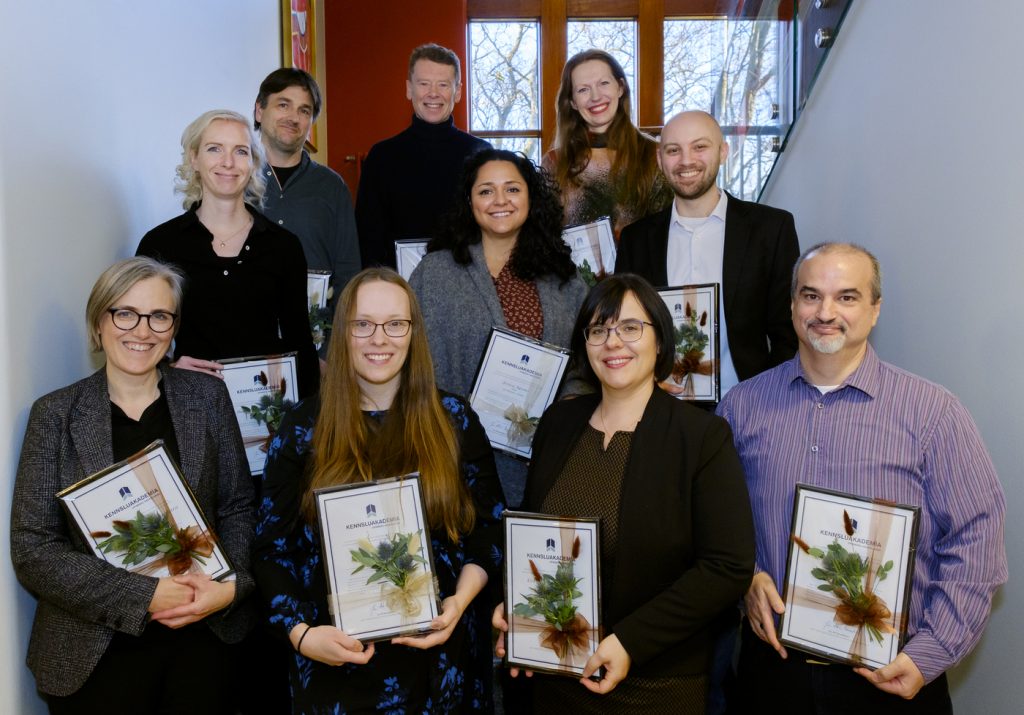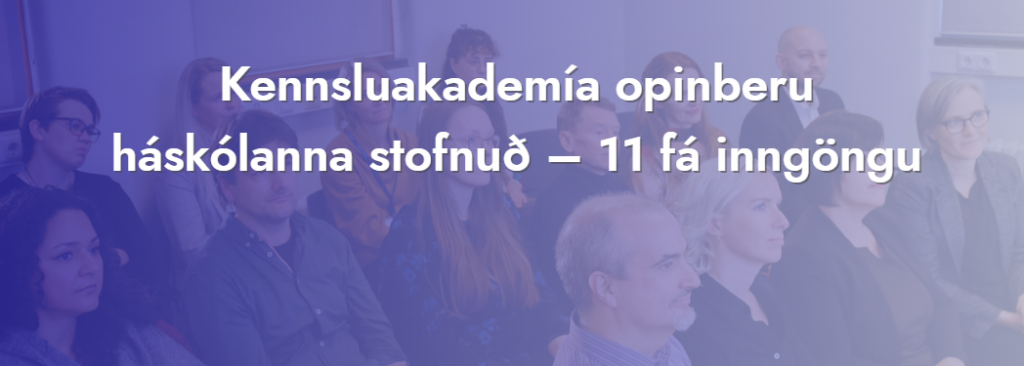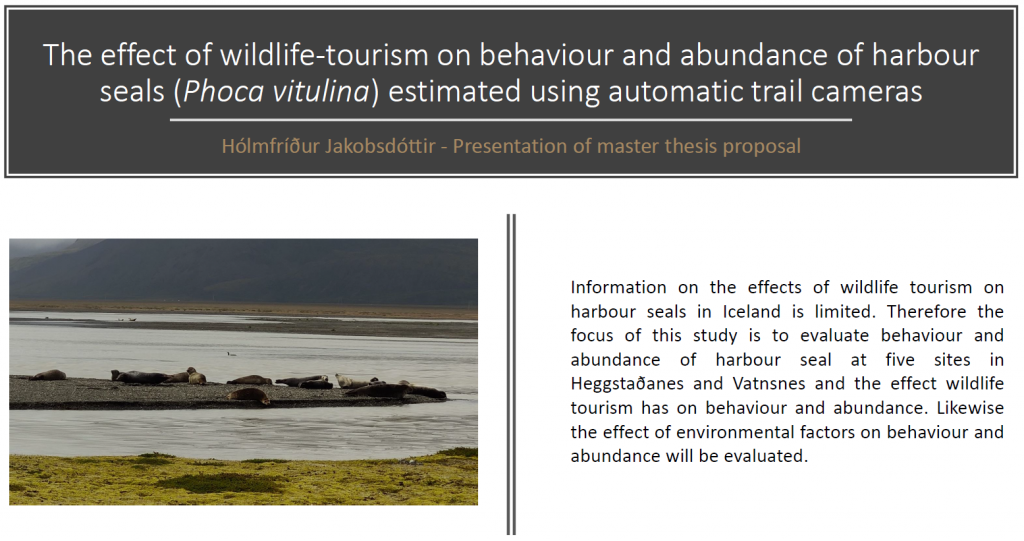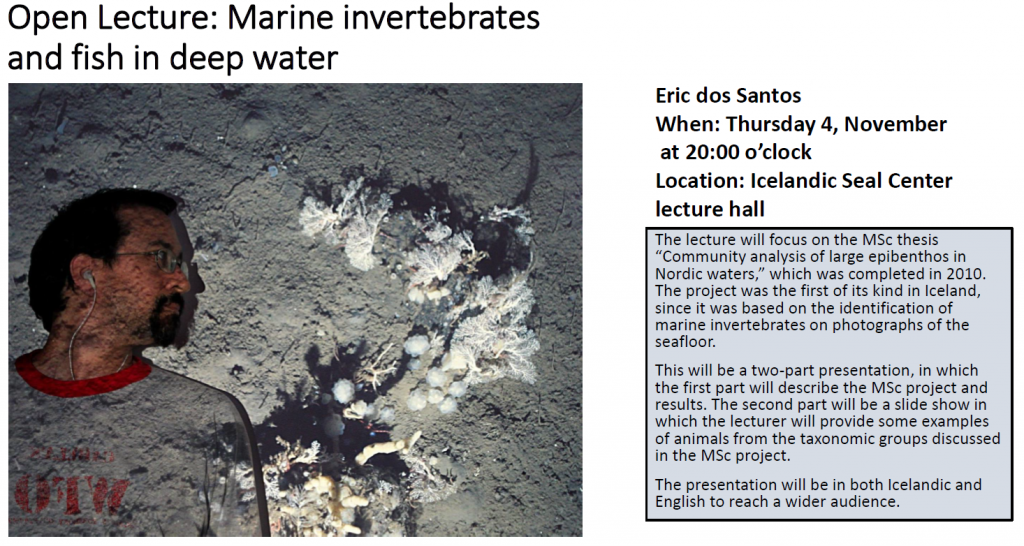A new paper was recently published by Cécile M. Chauvat, Dr. Jessica Aquino, and Dr. Sandra M. Granquist. The article’s name is Visitors’ values and perceptions of seal watching management in Northwestern Iceland.
Cécile works for the Natural Institute of Northwest Iceland in collaboration with the Icelandic Seal Center. Jessica is an Assistant Professor in the Department of Rural Tourism at Hólar University and Tourism Research at the Icelandic Seal Center. Sandra works for the Marine and Freshwater Research Institute and Seal Research at the Icelandic Seal Center. The article, Visitor’s values and perceptions of seal watching management in Northwestern Iceland can be downloaded here. The article is free to the first 50 people.
Disturbance due to tourism may impact the critically endangered population of harbor seals (Phoca vitulina) in Iceland. Improved seal watching management is a promising strategy for seal conservation. Previous research indicates that the value orientation of tourists can predict acceptance of wildlife management and awareness of the potential impacts of tourism on seals. The goal of this study was to (a) define biospheric and egoistic value orientation of seal watching visitors, (b) investigate how these values correlate with the opinion of visitors towards different management actions and awareness of the potential impact of tourism on seals, and (c) investigate which management actions would be acceptable for visitors. Visitor questionnaires were distributed in NW Iceland (n = 597). Results show that seal-watching visitors, in general, had high biospheric values, low egoistic values, and were open to most management actions suggested in the study. High biospheric values were correlated with acceptance of management actions and awareness of the usefulness of regulations. High egoistic values were correlated with low acceptance of management actions and low awareness of the impacts of seal watching. Results will inform managers on how to optimize management strategies at seal-watching sites in Iceland and elsewhere.
